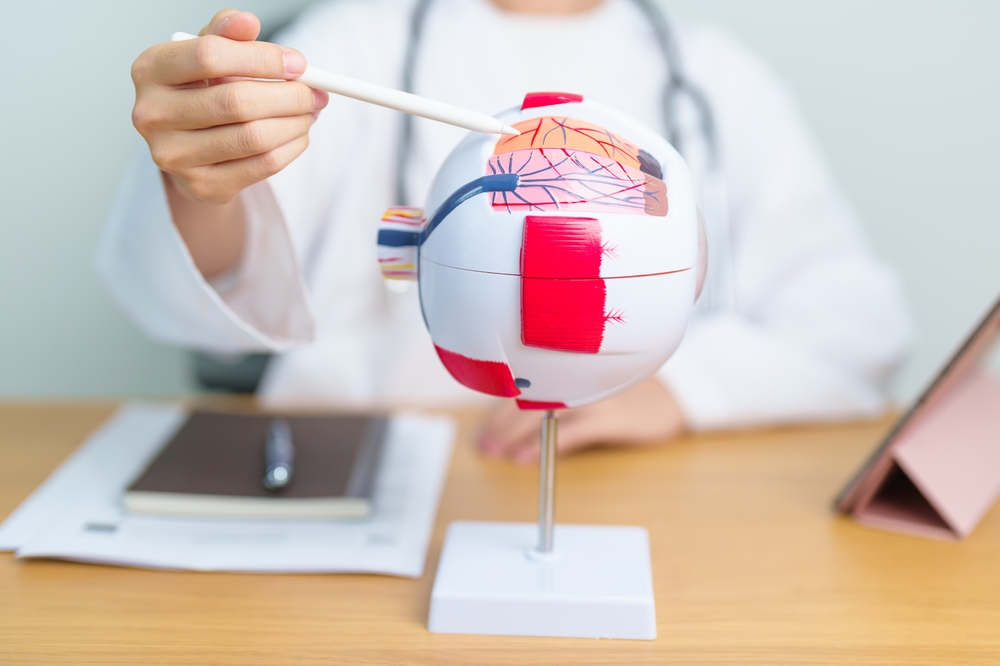
Macular Degeneration: Causes, Symptoms, and Treatment Options
Macular degeneration is a leading cause of vision loss in adults over 50. Affecting the macula—the central part of the retina responsible for sharp, detailed vision—it can significantly impair everyday activities like reading, driving, and recognizing faces. Here, we'll explore the causes, symptoms, and treatment options for macular degeneration to help you understand how to manage this condition effectively.
What is Macular Degeneration?
Macular degeneration, also known as age-related macular degeneration (AMD), occurs when the macula deteriorates over time. There are two primary types: dry AMD, which is more common and progresses slowly, and wet AMD, a more severe form that can lead to rapid vision loss if left untreated.
Causes of Macular Degeneration
While the exact cause of macular degeneration remains unknown, several factors increase the risk:
• Age: Most people affected are over 50.
• Genetics: A family history of AMD can increase the likelihood.
• Lifestyle Factors: Smoking, poor diet, and lack of exercise can all elevate risk.
• Sun Exposure: UV rays can damage the retina over time.
• Underlying Health Conditions: Conditions like cardiovascular disease can also contribute to the development of AMD.
Symptoms of Macular Degeneration
In its early stages, macular degeneration may go unnoticed. However, as the disease progresses, individuals may experience:
• Blurriness in the Central Vision: A growing blur or dark spot can make reading or recognizing faces difficult.
• Distortion of Straight Lines: Objects, especially straight lines, may appear wavy or distorted.
• Reduced Color Intensity: Colors may seem less vivid, making it hard to differentiate between them.
These symptoms can worsen over time, which is why regular eye exams are essential for early detection.
Treatment Options for Macular Degeneration
While there is no cure for macular degeneration, several treatments can slow progression and help manage symptoms:
• Anti-VEGF Injections: For those with wet AMD, anti-VEGF injections can reduce abnormal blood vessel growth and leakage in the retina, slowing vision loss.
• Laser Therapy: Certain types of laser treatments may help slow the progression of wet AMD by sealing leaking blood vessels.
• Lifestyle Changes: Adopting a diet rich in leafy greens, fish, and antioxidants, along with avoiding smoking, can protect retinal health.
• Low Vision Aids: Magnifying glasses, reading aids, and specialized lenses can help individuals with macular degeneration make the most of their remaining vision.
• AREDS Supplements: The Age-Related Eye Disease Study (AREDS) suggests that high doses of specific vitamins and minerals may help reduce the risk of severe AMD in those with intermediate to advanced stages of the disease.
Schedule Your Next Eye Exam with Low Vision Doctors of Ohio Today
Although macular degeneration is not entirely preventable, early detection and a healthy lifestyle can make a significant difference. Regular eye exams, a balanced diet, and UV protection are essential steps. For those already diagnosed, working with a low-vision specialist can help maximize the use of remaining vision and make daily tasks more manageable.
At Low Vision Doctors of Ohio, we’re dedicated to providing personalized care and support for those with macular degeneration. Our comprehensive services include advanced diagnostics and specialized low-vision aids to improve quality of life.
To learn more on macular degeneration or have concerns about vision changes, scheduling an eye exam with Low Vision Doctors of Ohio. Visit our office in Columbus, Ohio, or call (614) 400-3950 to book an appointment today.






